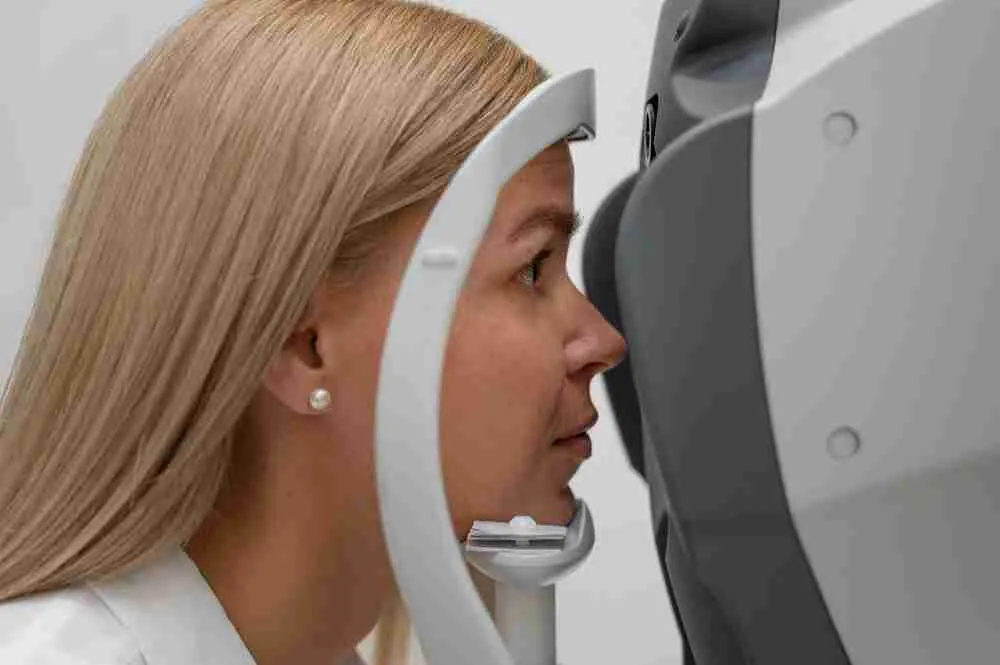Eyes are one of the most important parts of every human being. Awareness About Eye is vital. We should be grateful to have such a beautiful gift. You can see the whole world and the beauty of nature with your eyes. What if one day you are unable to see it? What if your eyes get damaged?
We know this is a scary thought. Credihealth is trying to make people aware of their eye health. We are here with a new topic on our CrediTalk. Many people neglect their small eye injuries because of unawareness. To eliminate such kind of behaviour and indifference from the whole community, we interviewed an Eye specialist. Have a look.
Common Questions About Eye Health (Ophthalmology)
We requested Dr. Kartikeya Sangal to answer some of our questions. Dr. Sangal is an ophthalmologic surgeon at Apollo Spectra. He has 20 years of rich experience in his field. His area of interest includes the treatment of Glaucoma, Squint, Cataract, and performing LASIK eye surgery. Let us have a look at the questions.
Ques 1: There is a shortage of cornea donors in India. How does that affect the course of treatment plans you decide for patients? What could be the prime cause of this shortage according to you Ans: Many people register themselves for cornea donation. But no one reports the death of those people. The cornea is lost in these cases. The cornea that we are procuring is from accidental cases or unclaimed bodies. The quantity of such cases is very limited. There are very few agencies or organizations that are authorized to take out these corneas. Any unauthorized center can not perform these surgeries. The shortage of cornea can affect the course of treatment plans in different ways. There are many cases of corneal blindness which can be cured with the help of cornea transplant. But we are not able to do so because we do not have enough corneas. This issue can be resolved by educating people and establishing some more government centers that can collect more and more corneas. Ques 2: According to a report, India will have nearly 10.6 million cases of unilateral corneal blindness by the year 2020. What would be your suggestion to masses across the country regarding prevention? Ans: Most of the corneas are damaged because of unawareness. In India, 70%-80% of people are farmers and labors. Suppose they neglect a small cornea injury. After some time, this small injury can lead to a corneal ulcer. These are the corneas that require a transplant. Everyone needs to understand that they should not neglect even a minor eye disorder. They must consult an eye specialist. Ques 3: What are the common misconceptions you face on your end regarding eye surgeries? Ans: There are many misconceptions a doctor faces regarding eye surgeries. Firstly we will talk about cataracts. That's the major cause of blindness in India.- The patient does not want to get it operated until it gets mature.
- They do not want to get it treated in a particular season of the year. People believe that they should not get operated during the monsoon season, which is incorrect. As per doctors, the chances of infection are higher in the winter season.
- Another thing is that the patient does not want to go to the doctor at all. The reason behind it is money. Sometimes they go to a chemist and take some random medicines without any checkup, which could be harmful to the patient.
For a priority appointment or more information, contact us at +91 8010994994 or book an appointment with Dr. Kartikeya Sangal here -
[button color="transparent_credi" size="medium" class = "custom_button" link="https://www.credihealth.com/doctor/kartikeya-sangal-opthalmologist/overview" icon="" target="true"]Book Appointment [/button]
This write-up was contributed to Credihealth by Dr. Kartikeya SangalAbout The Doctor


Reviewed by







